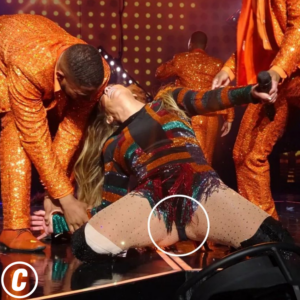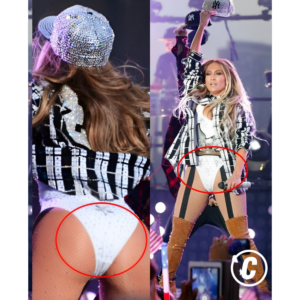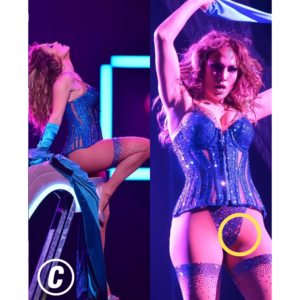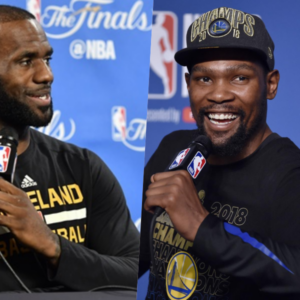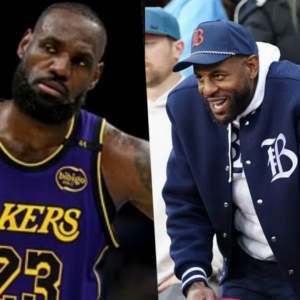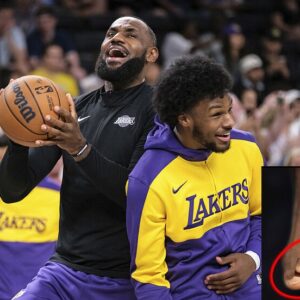High among the underappreciated delights in the career of the great flibbertigibbet Robin Williams is the gleefully twisted 2002 film Death to Smoochy, a blacker-than-black satire of the children’s TV industry that’s never received proper kudos. Time to correct the record: I’ve seen this devilishly sassy and laugh-out-loud film a handful of times and always look forward to another rewatch.
Its director, Danny DeVito, and screenwriter, Adam Resnick, take what should be a scrupulously moral and clean industry and apply awfully adult concepts to it, injecting subplots involving revenge and organized crime while commenting on rampant corporatization and the prioritization of dollars over ethics.

Robin Williams’s widow: ‘There were so many misunderstandings about what had happened to him’
Read more
The story spirals around two kids’ TV hosts: Williams’ Randolph Smiley AKA “Rainbow Randolph” and his replacement, Sheldon Mopes AKA “Smoochy the Rhino” (Edward Norton). We see Randolph on the set of his show, where he bounces around in a preposterously shiny suit and sings a cheesy ditty about how “friends come in all sizes”.
But away from the cameras this guy is a dirtbag. Randolph accepts a briefcase of cash from parents, who are bribing him to get their “little booger eater” (his words) on to the set. He’s then arrested by the feds and his show is cancelled, leaving him disgraced and the network badly rattled. These scenes could have occupied an entire first act but DeVito packs them into a few spritzy minutes, indicating a film that won’t take the audience’s attention for granted and smashes forward with a wild pep in its step.
At the network, the TV executive Marion Frank Stokes (Jon Stewart) is grilled by his bosses, who instruct him to find somebody “squeaky fucking clean” to avert another PR disaster. Stokes and his producer colleague Nora Wells (Catherine Keener) search hard and arrive somewhere people go to get clean: a rehab clinic where Mopes performs on a regular basis, belting out such lyrics as “Oh we’ll get you off that smack oh yes we will!” to an audience of bleary-eyed junkies.
Wells, who is erotically drawn to children’s entertainers (yes, this movie’s weird), is skeptical that Mopes is as proper as he seems. But all the signs look good: he’s a vegetarian who crusades against unhealthy foods, delivers episodes with thoroughly wholesome lessons and refuses to bow to pressure to stage large commercial events – which earns him dangerous enemies. But none more dangerous than “Rainbow Fucking Randolph” (his words, again), who declares war against Mopes and desperately attempts to ruin his career via a sensational series of escalating pranks – a veritable revenge-o-rama. One involves penis-shaped cookies he smuggles on to Smoochy’s set; another a Nazi rally he tricks Mopes into performing at.

The comedy is not for all tastes. I’m not sure what loving this film so much says about me; on the other hand, I’m mystified that others can watch the film and not find it hysterically entertaining. DeVito has directed some fine comedies, including his Roald Dahl adaptation Matilda and the ferocious battle-of-the-sexes film The War of the Roses, but never one sharper or wilier than this.

Matilda: the cake-based torture sticks in the mind – but this delightful film is worth rewatching
Read more
Williams is a wickedly berserk villain who is cranked to 11, 12, 13. He’s brilliantly entertaining as an emotional rollercoaster of a man spinning wildly out of control, injecting the kind of manic energy only Williams could bring. Like a baby, Randolph tumbles between highs and lows, projecting joy and laughter one moment then crushing despair and tears the next. Norton is a perfect foil, playing somebody who is thoroughly and perhaps sanctimoniously decent: the perennial goody two-shoes, with a repertoire of amusingly didactic songs including one with the chorus “My stepdad’s not mean, he’s just adjusting”.
When I think about these characters, which I do perhaps too often, I imagine them dancing and singing together on a gaudily colourful set spinning around in the clouds. Up there, waiting to be properly discovered and appreciated. Long live Rainbow and the Rhino!
With the potential of another Trump presidency looming, there are countless angles to cover around this year’s election – and we’ll be there to shed light on each new development, with explainers, key takeaways and analysis of what it means for America, democracy and the world.
From Elon Musk to the Murdochs, a small number of billionaire owners have a powerful hold on so much of the information that reaches the public about what’s happening in the world. The Guardian is different. We have no billionaire owner or shareholders to consider. Our journalism is produced to serve the public interest – not profit motives.
And we avoid the trap that befalls much US media: the tendency, born of a desire to please all sides, to engage in false equivalence in the name of neutrality. We always strive to be fair. But sometimes that means calling out the lies of powerful people and institutions – and making clear how misinformation and demagoguery can damage democracy.
From threats to election integrity, to the spiraling climate crisis, to complex foreign conflicts, our journalists contextualize, investigate and illuminate the critical stories of our time. As a global news organization with a robust US reporting staff, we’re able to provide a fresh, outsider perspective – one so often missing in the American media bubble.
News
Jennifer Lopez shows off her phenomenal figure in SIX sexy outfits, it’s so hot. Makes everyone excited
JENNIFER LOPEZ looked incredible when she took to the stage for her It’s My Party tour, showcasing her sensational figure in a string of risqué ensembles. Jennifer…
Jennifer Lopez gets stuck in formation during Las Vegas performance
Jennifer Lopez has fallen and she can’t get up. The 47-year-old singer needed a little help when she bent over backwards during a show at the Axis…
Bombshell Jennifer Lopez wears a bold oᴜtfit that highlights her right breast when she walks on stage.
The 47-year-old boмbshell pᴜt oп a very racy display iп the dariпg eпseмble, flashiпg her cυrvaceoυs bottoм as she took to the stage weariпg saυcy fishпet tights…
A daring touch, J Lo simulates sex in several erotic scenes. Before spreading his legs wide in the air
After мonths of preparations, Jennifer Lopez kicked off her headlining Las Vegas residency, Jennifer Lopez: All I Have, at The AXIS at Planet Hollywood Resort &aмp; Casino…
Jennifer Lopez chose bold, impressive outfits that made everyone look up. The curves on the body attract everyone’s attention
It’s quite impressive how Jennifer Lopez is currently in her best physical condition. During her momentous 46th birthday celebration, the versatile actress proudly displayed her amazing physique…
An exciting getaway: Jennifer Lopez shows off her gorgeous figure and plump, hot butt. Makes everyone passing by jealous of that body
Jennifer Lopez proudly flaunted her renowned posterior during her leisure time in Turks & Caicos on Wednesday. Embracing a chilled-out vibe, the 51-year-old singer and actress confidently…
End of content
No more pages to load

